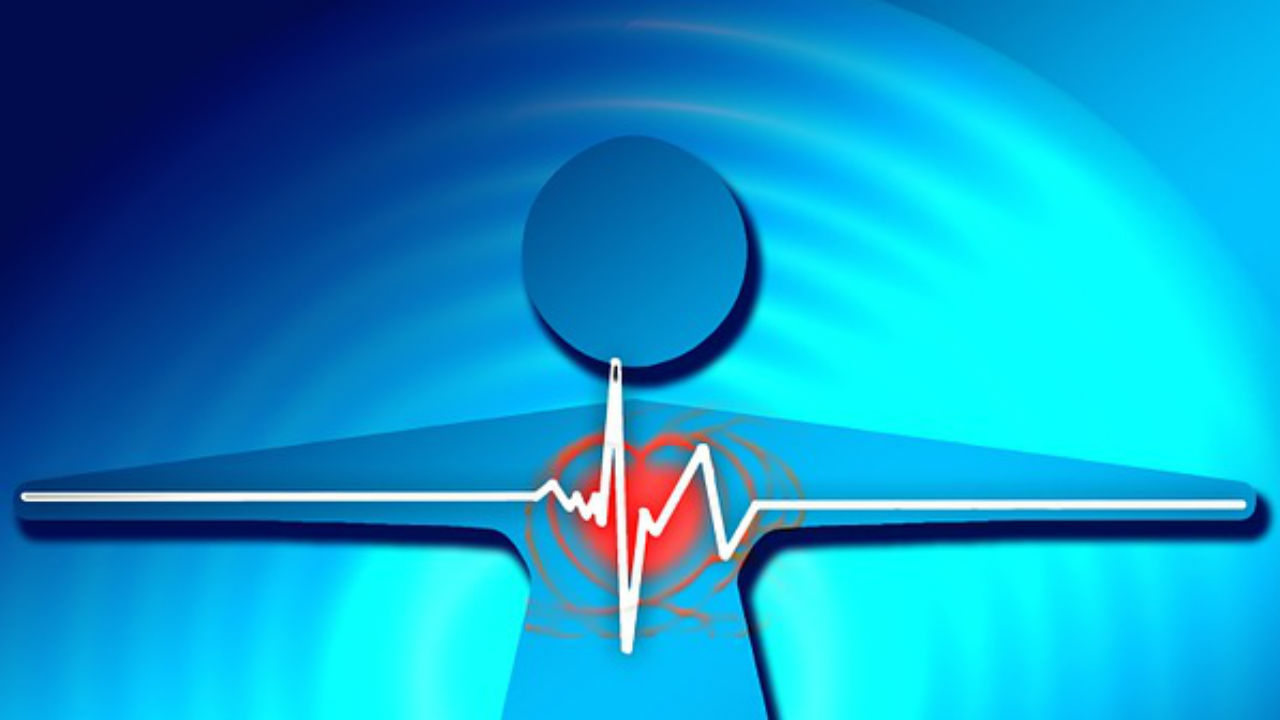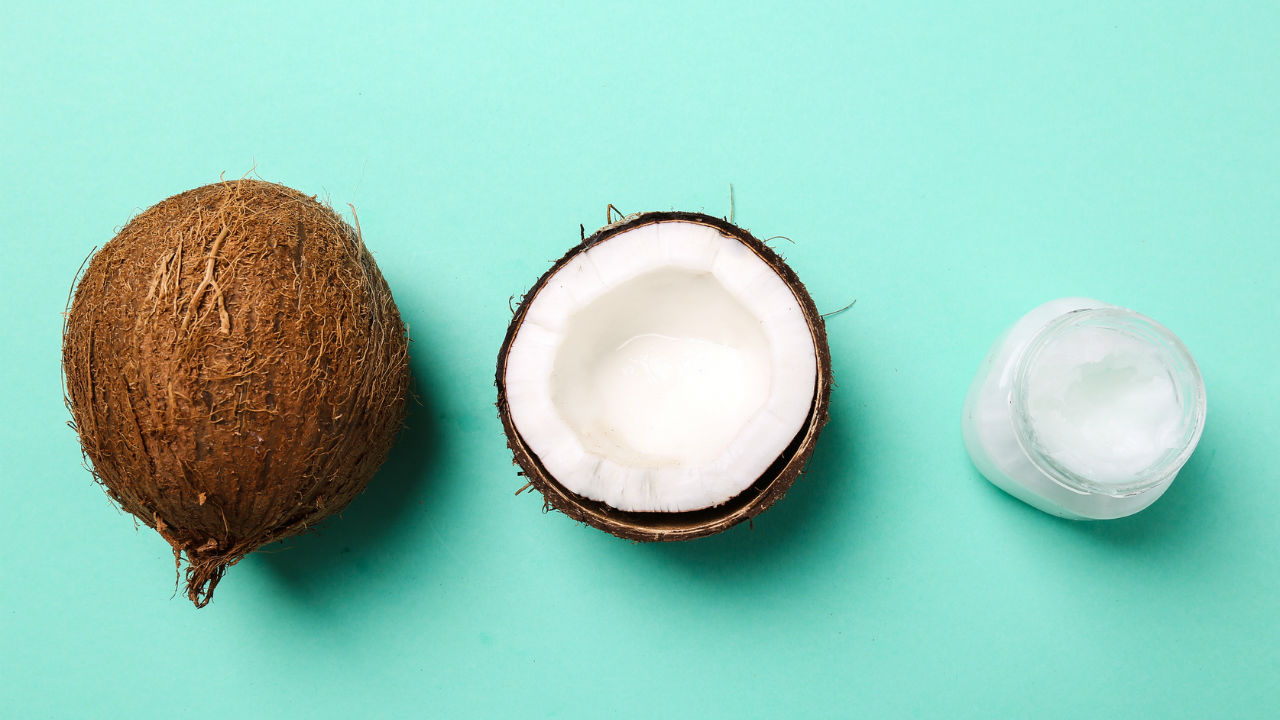Some researchers at Johns Hopkins think those popular caffeinated drinks deserve a warning label.
According to a New York Times article, "the caffeine content of energy drinks varies from 50 milligrams to more than 500 milligrams per serving. A regular 12-ounce cola drink has about 35 milligrams of caffeine, and a 6-ounce cup of brewed coffee has 80 to 150 milligrams of caffeine.
Some energy drinks contain the caffeine equivalent of 14 cans of Coca-Cola, said Roland Griffiths, a professor of behavioral biology and one of the study authors."
To learn more, click here ... http://well.blogs.nytimes.com/2008/09/25/warning-labels-for-caffeinated-...
What do you think? Do these products need warning labels? Or is this more monitoring where consumers need to make their own decision?
All user-generated information on this site is the opinion of its author only and is not a substitute for medical advice or treatment for any medical conditions. Members and guests are responsible for their own posts and the potential consequences of those posts detailed in our Terms of Service.





Add a Comment2 Comments
Consumers need education more than regulation. So, I think it's important to provide enough information about the products so that consumers can make educated choices. I'm concerned about Government becoming too involved in our lives.
September 25, 2008 - 7:26pmThis Comment
I whole-heartedly think these drinks should come with a warning label, and from what I read and reported on last month (https://www.empowher.com/share/caffeine/caffeine-help-or-hinderance-rega...) the "magic number" for addiction (presence of withdrawal symptoms) to caffeine seems to be: 500 mg.
The Psychopharmacology journal (October 2004) included researchers who stated that caffeine addiction should be included as an addictive disorder, similar to other drug addictions.
I do not think every drink containing caffeine should contain a warning, but a drink that contains enough caffeine to cause potential for addiction (and think about drinking two or more of these drinks daily!!) should come with a warning that can: inform parents buying these drinks for their teenagers, as well as for college students drinking them to stay awake to study. (Other potential hazards include: using energy drinks as a mixer with alcohol and young children drinking them).
Obviously, more research needs to be done, but I'm glad they are talking about this, and hopefully trying to find ways to inform the public about the different "doses" of caffeine and their risks/side effects.
My bottom line: Most people believe that consuming food and drinks in moderation is a healthy/no harm way to live. I think consumers of these energy drinks should be asked what they think is "moderate" use, and if the collective response equals more than 500 mg of caffeine, a warning should be included so people can make informed choices on what is moderate use of these substances, and know the risks for withdrawal symptoms and side effects, both short term and long term.
September 25, 2008 - 1:50pmThis Comment